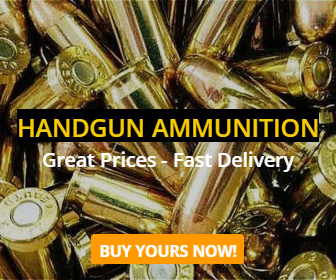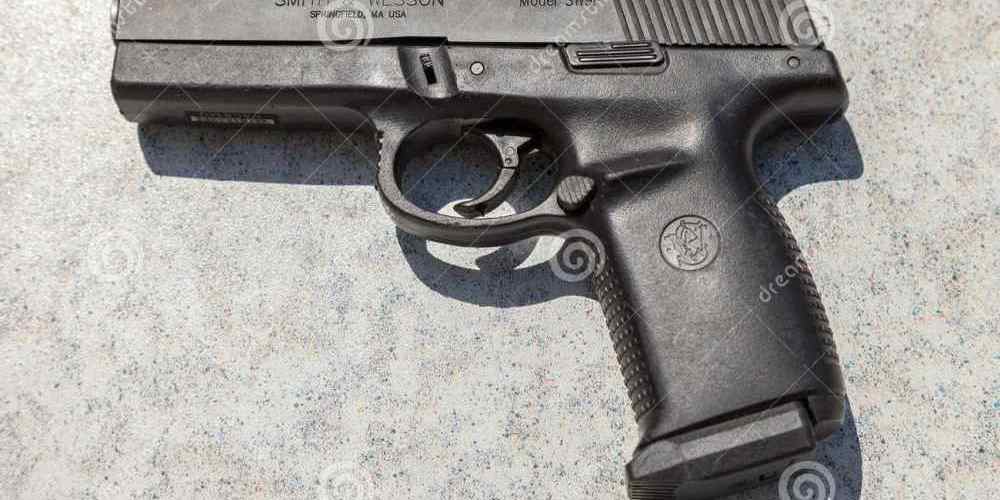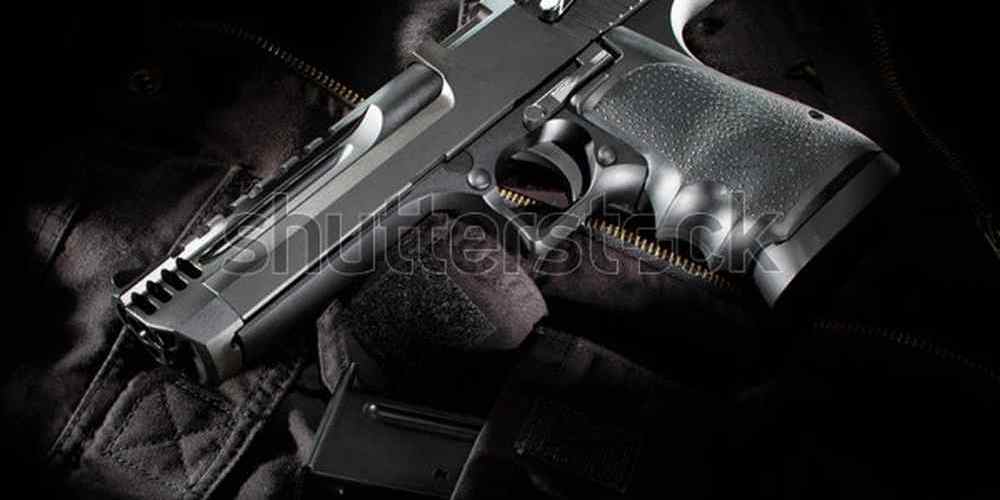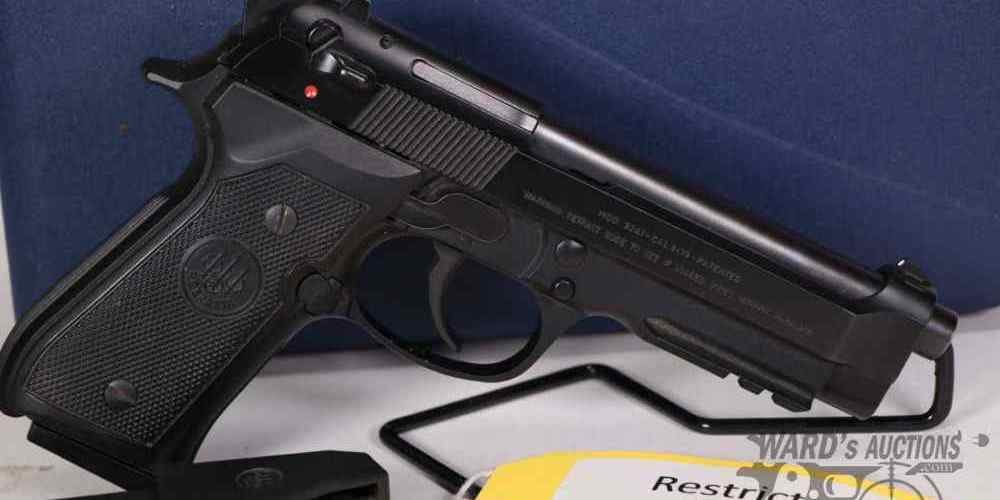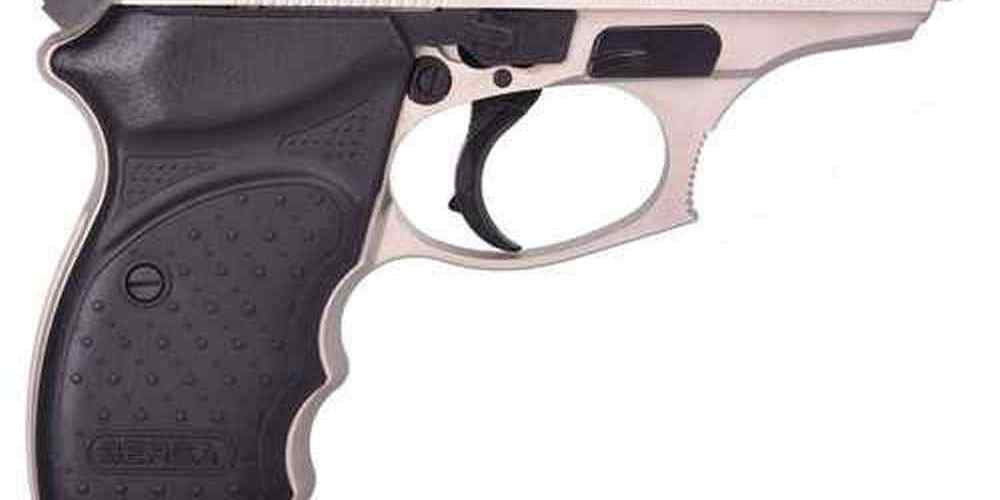Why Some Guns Prefer Certain Ammo Brands
When it comes to firearms, the type of ammunition used can make a significant difference in performance. Some guns seem to perform better with certain brands of ammo, while others may not function as well. This phenomenon has led many gun owners and enthusiasts to wonder why some guns prefer certain ammo brands over others. In this article, we will explore the factors that influence this preference and delve into the reasons behind it.
Quality Control and Consistency
One of the primary reasons why some guns prefer certain ammo brands is quality control and consistency. Different manufacturers have varying standards when it comes to producing ammunition, which can result in differences in performance. Some brands may have tighter quality control measures in place, ensuring that each round is manufactured to precise specifications. This consistency can lead to more reliable performance in firearms, especially those that are finicky or sensitive to variations in ammo.
- Example: The SIG Sauer P226 is known for its reliability and accuracy. Many users have reported that this gun performs best with SIG Sauer Elite Performance ammunition due to its consistent quality and reliability.
Compatibility with Gun Design
Another factor that can influence why some guns prefer certain ammo brands is compatibility with the gun’s design. Firearms are engineered to operate within specific parameters, including pressure levels, bullet weight, and overall dimensions. Some ammo brands may produce rounds that are more closely aligned with these specifications, leading to better performance in certain firearms.
- Example: The Glock 19 is a popular handgun that is often used for self-defense and concealed carry. Many users find that this gun functions best with Federal Premium HST ammo, as it is designed to deliver optimal performance in compact handguns like the Glock 19.
Barrel Twist Rate and Bullet Weight
The barrel twist rate of a firearm can also play a role in determining which ammo brand works best with a particular gun. Barrel twist rate refers to how many inches it takes for a bullet to make one complete revolution as it travels down the barrel. Different twist rates are better suited for specific bullet weights, so choosing the right combination can impact accuracy and overall performance.
- Example: The AR-15 rifle has a standard twist rate of 1:9 or 1:7, depending on the model. Users who prefer shooting heavier bullets may find that their AR-15 performs better with ammo brands that produce rounds in the appropriate weight range for their barrel twist rate.
Powder Charge and Pressure Levels
The powder charge and pressure levels of ammunition can also affect how well a gun functions with a particular brand of ammo. Some firearms are designed to handle higher-pressure rounds, while others may be more sensitive to variations in powder charge. Using the wrong type of ammo can result in malfunctions or damage to the gun, so it’s essential to select ammunition that is compatible with the firearm’s design.
- Example: The Smith & Wesson M&P Shield is a popular choice for concealed carry due to its compact size and reliability. Many users recommend using Speer Gold Dot ammo, as it is known for its consistent powder charge and pressure levels, which are ideal for self-defense scenarios.
User Preferences and Shooting Style
Ultimately, user preferences and shooting style can also influence why some guns prefer certain ammo brands over others. Some shooters may have personal preferences for specific brands based on past experiences or recommendations from other users. Additionally, different shooting disciplines may require specialized ammunition that is tailored to specific needs, such as accuracy, recoil control, or terminal performance.
- Example: Competitive shooters who participate in USPSA matches often choose ammunition from companies like Hornady or Federal Premium due to their reputation for producing high-quality rounds that deliver consistent performance on the range.
Conclusion
In conclusion, there are several reasons why some guns prefer certain ammo brands over others. Factors such as quality control, compatibility with gun design, barrel twist rate, powder charge, pressure levels, user preferences, and shooting style all play a role in determining which brand of ammunition works best with a particular firearm. By understanding these factors and selecting ammo accordingly, gun owners can optimize the performance of their firearms and achieve better results on the range or in real-world scenarios.


